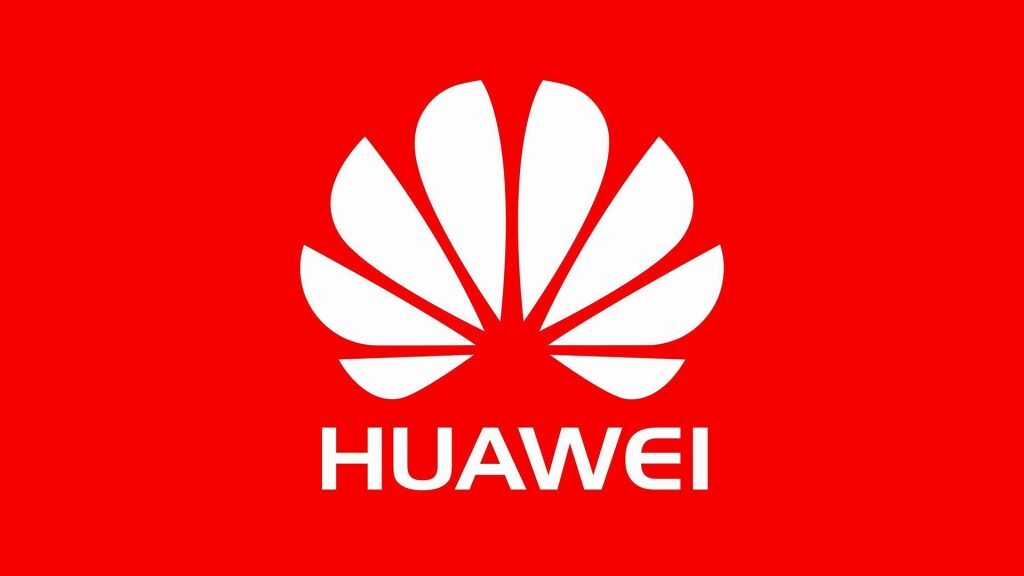This marks the fourth time the USA has delayed the ban on business with Huawei, which is currently still operating in the United States to provide system and network support for their devices that have already been shipped across the country.

You know you have that one friend, well sort-of-friend, that keeps promising to come visit you and have coffee whenever you bump into them at Checkers? They’re always so enthusiastic about the idea catching up as they say, “It’s been too long! I can’t wait to find out what you’ve been up to! Plans soon?” Yet they never actually follow through on this proclamations. Such is the case with America banning Huawei from doing business in its’ borders as they’ve just postponed the business ban once again.
Announced today by the American Department of Commerce, the temporary general license given to Huawei which provides the company the right to operate within the US for a limited period of time has been extended for another 45 days. Beyond that the DoC has also asked for feedback from the public regarding the temporary license, specifically on whether or not it should be revoked or extended again.

This marks the fourth time the ban has been extended in the past year. While American companies were initially banned from doing business with Huawei in May of 2019, the temporary license issued by the Department of Commerce has allowed the Chinese company to continue operating so that they may continue to offer network and system support for all American customers.
This latest delay has been put in place so that American service providers can source alternatives to Huawei for their network equipment. Many rural service providers have leaned heavily on Huawei’s infrastructure since the company became so established in the states, so the impending ban has forced many businesses to reevaluate their distribution networks. While the US government has pledged a $1million dollar fund to assist communications companies in their transition, only time will tell whether or not Huawei will be a sorely missed presence in the states.




